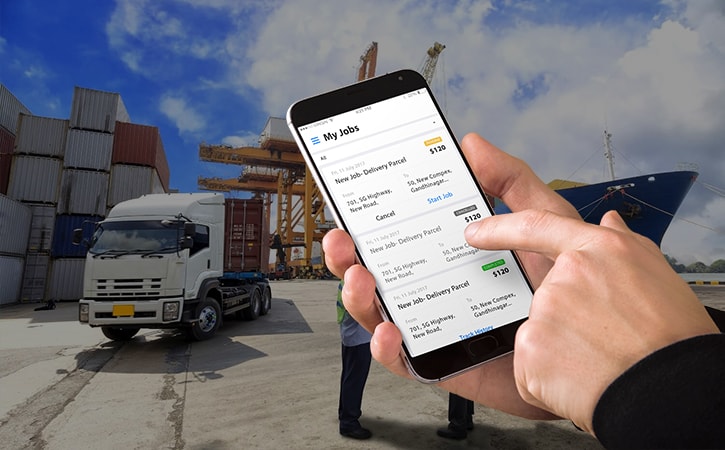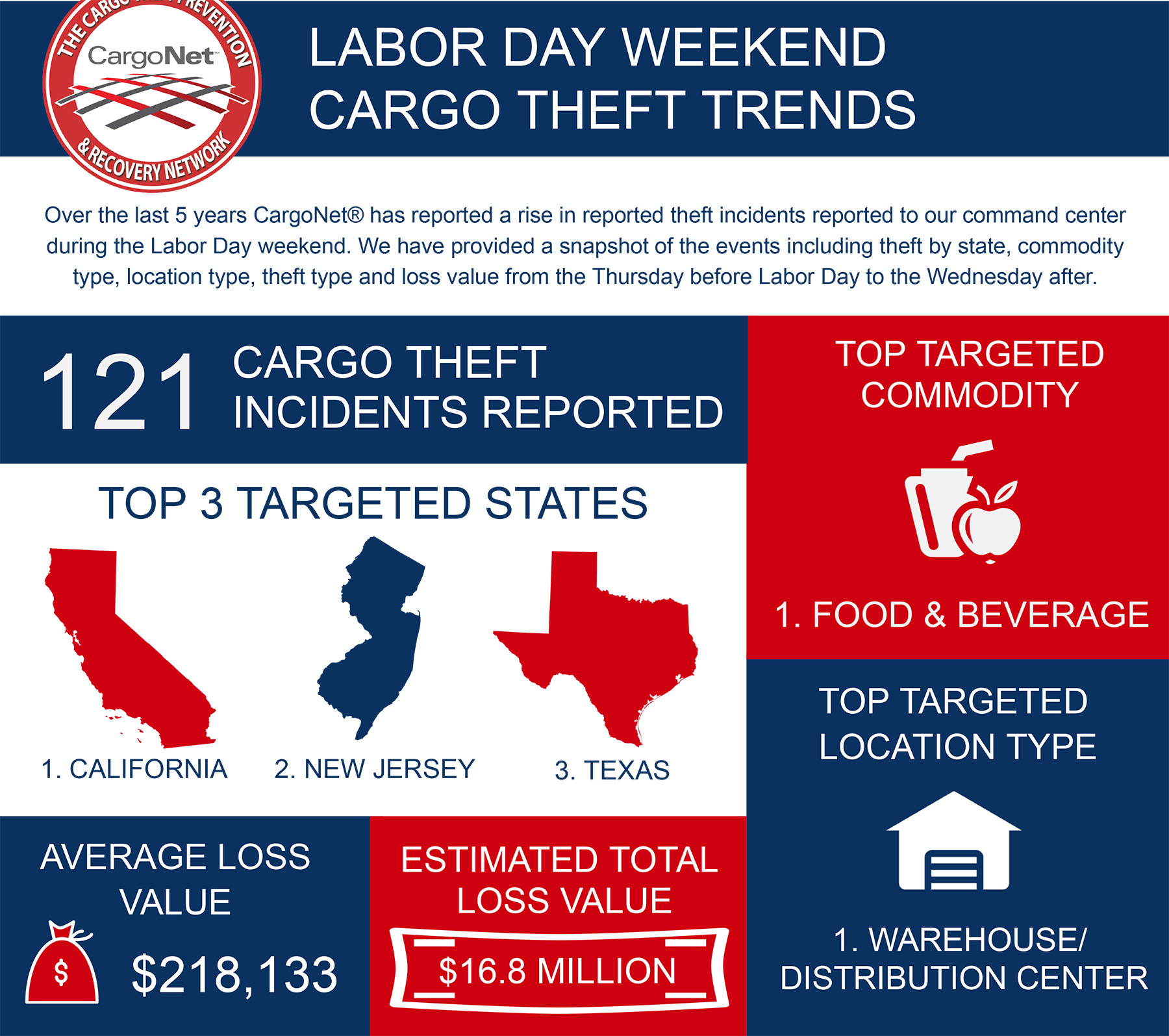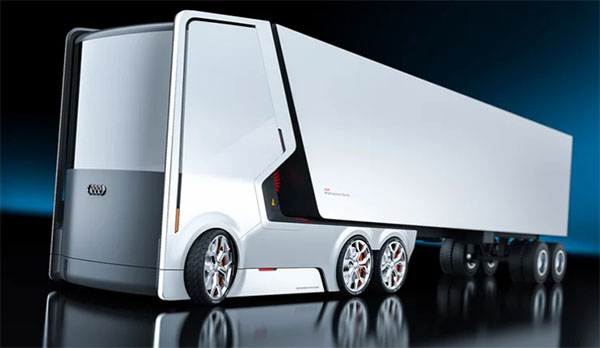
Retail vendor compliance is becoming increasingly complicated and costly for consumer goods companies and their distributors as they seek to meet the ever-changing demands of retailers. If requirements for electronic notification, delivery time and location, packaging and labeling, and numerous other details are not met perfectly, the vendor can receive a short payment on a shipment invoice, commonly called a chargeback. Chargebacks can erode your bottom line quickly. Charge back avoidance planning should be a primary concern if your doing business with large retailers like Walmart, Kmart, and Target. Walmart’s On-Time In-Full (OTIF) policy has set a precedent that will actually fine shippers and suppliers if goods don’t arrive when they are supposed to, whether that be early or late. This means that shippers and carriers need to work closely together to hit the designated delivery window. Must Arrive By Date (MABD) and OTIF are crucial for the changing client expectations. Given that Walmart is such a substantial customer for many suppliers in the United States, making deliveries on time and in full is the difference between making a tidy profit, or losing out on a major customer. There is no uniform plan that will work for all retailers so a plan needs to be tailored for each customer. What’s compliant for one retailer is not necessarily acceptable for another, and there’s a wide range of possible violations. Some are based on one-off problems such as delivery made outside of the approved time window, which could cost the vendor up to 3% of the cost-of-goods sold. Others may be applied due to multiple repeated violations or an inability to reach the required percentage of acceptable, on-time deliveries. Chargebacks are a key component in vendor assessments. Excessive fines could leave you out of next year's RFQ opportunities.
Compliance Planning Design
Strict vendor compliance programs, scorecards, and chargebacks are strategies to dissuade vendors from disrupting a retailer’s finely-tuned, multifaceted, omnichannel supply chain. Given the high stakes involved, setting penalties high enough to be considered punitive ensures that retail vendors pay attention and make compliance a priority. Today, retailers are employing sophisticated supply chain management software powered by artificial intelligence and automated systems, including robotics, to manage these extended supply chains cost effectively, and their financial health depends upon it. Compliance planning is critical if vendors are going to keep pace with the supply chain of the future and do it profitably. There are several step which can be implemented to establish your vendor compliance program for all of your customers. Again, this is a custom designed plan to fit both vendor and customer supply chain systems. So the first step is to evaluate your current supply chain protocols and existing vendor compliance plan in order to identify areas of improvement. Such an evaluation is part of the many services offered at Land Link Traffic Systems.
While chargebacks can cause tension in the relationship between retailers and their vendors and distributors, all of it can be avoided. Vendors can avoid chargebacks by prioritizing compliance within their organizations, employing the right technology, and choosing logistics providers with experience and a history of success with retailers. Supply chain compliance is a complex process that requires the management of numerous moving parts, designed and managed by experienced logistics professionals. Vendors that make the effort to work themselves seamlessly into a retailer’s supply chain don’t only avoid costly, chargebacks but become a preferred vendor. By becoming preferred vendors, these businesses position their products to be available wherever and whenever a consumer is ready to buy them. So, the claim can be made that retail compliance drives profitability. Protect your profit margin with a well-designed Retail Vendor Compliance Plan from Land Link.
Read More












 Land-Link, a well respected professional organization, has been providing its clients with effective transportation and logistics solutions since 1978.
Land-Link, a well respected professional organization, has been providing its clients with effective transportation and logistics solutions since 1978.

